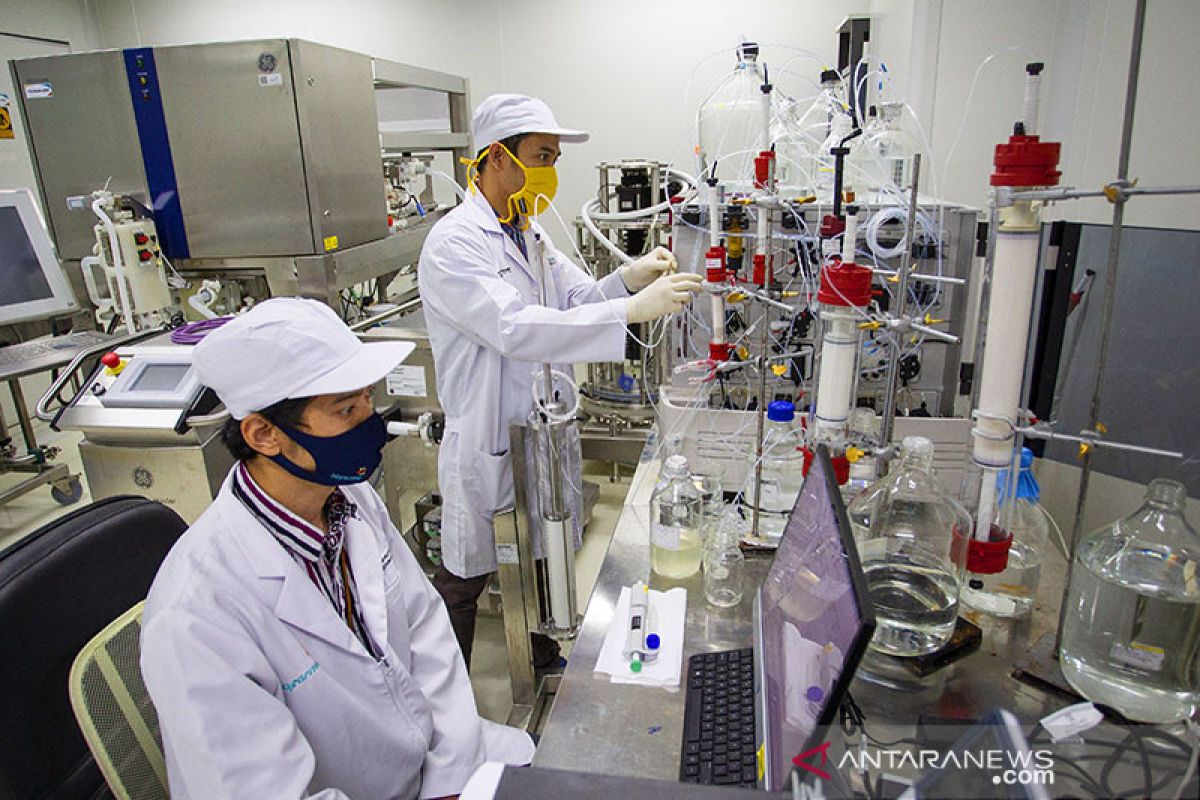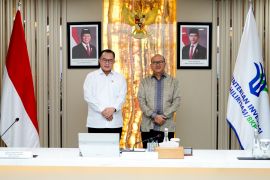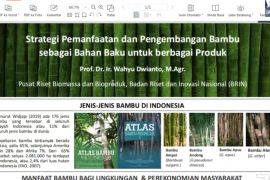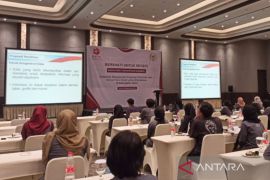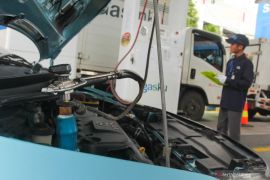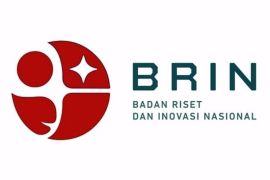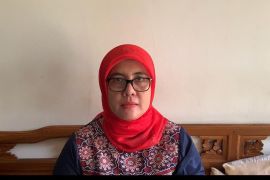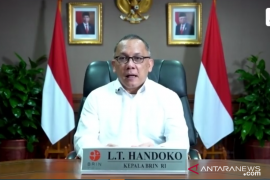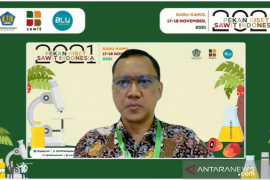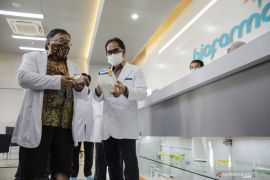"The COVID-19 pandemic presents new opportunities to our researchers in developing the indigenous vaccine, which is something that we have never done before," Laksana Tri Handoko, the BRIN head, told ANTARA in Jakarta on Friday.
The agency head highlighted that before the COVID-19 pandemic, no efforts to develop indigenous vaccines were ever attempted in Indonesia.
As Indonesia exerts efforts to tackle the pandemic, the government also allocates a fraction of the existing resources to support attempts to create a new vaccine from scratch, with the vaccine seeds developed by Indonesian scientists, he remarked.
Related news: Hope to start indigenous vaccine production in Aug: Biotis, Unair
The decision to support the indigenous vaccine development process aims to bolster Indonesia's self-sufficiency to fulfil the demand for COVID-19 vaccines among residents, Handoko noted while adding that Indonesia had, until now, relied on COVID-19 vaccines produced abroad.
Surabaya-based Airlangga University has made the most progress in vaccine research, as the inactivated vaccine prototype developed by the university is currently in the first phase of clinical testing, the agency head noted.
Apart from Airlangga University, five other teams are participating in the national consortium to develop the Merah Putih vaccine, Handoko noted.
The five other teams that joined the vaccine development consortium are the University of Indonesia, Bandung Institute of Technology, Gadjah Mada University, Padjadjaran University, and teams from the former Indonesian Institute of Sciences (LIPI) and Eijkman Institute for Molecular Biology, he noted.
The agency head remarked that the teams developed the Merah Putih vaccine through their own approach, as inactivated vaccine and protein recombinant vaccine are some models attempted by the teams.
Related news: Merah Putih vaccine to be used as booster, child vaccine: Minister
Translator: Martha HS, Nabil Ihsan
Editor: Suharto
Copyright © ANTARA 2022
